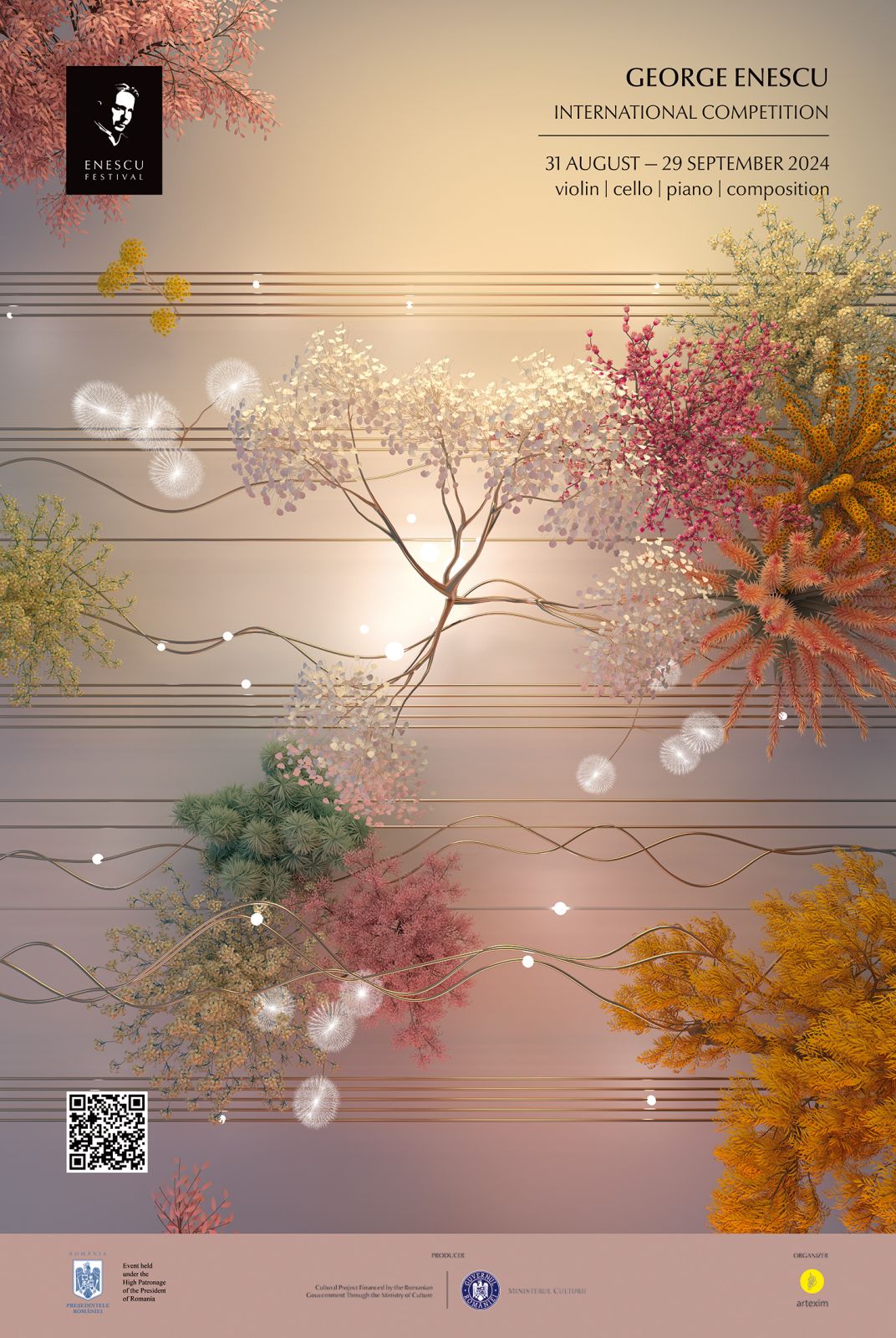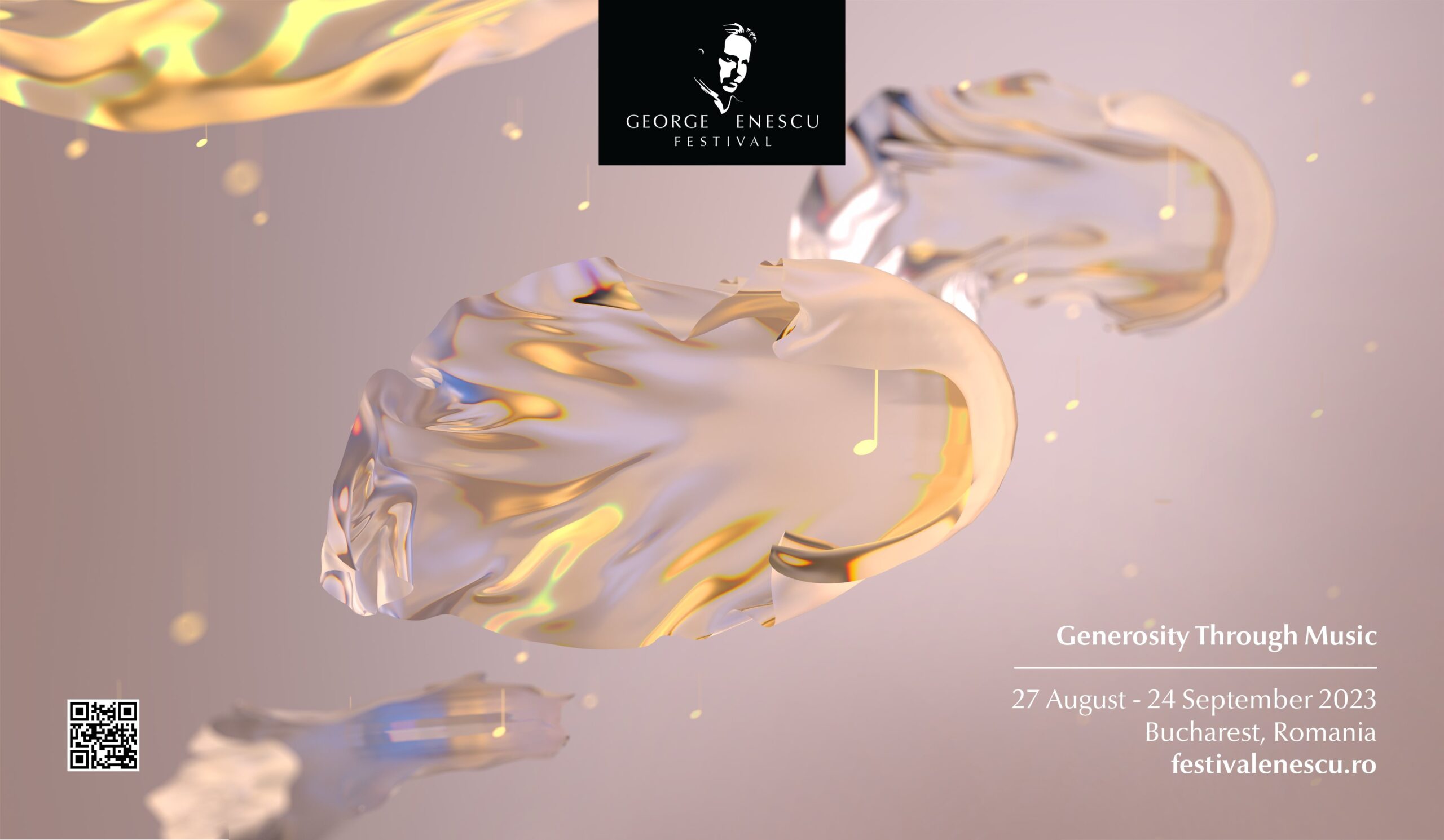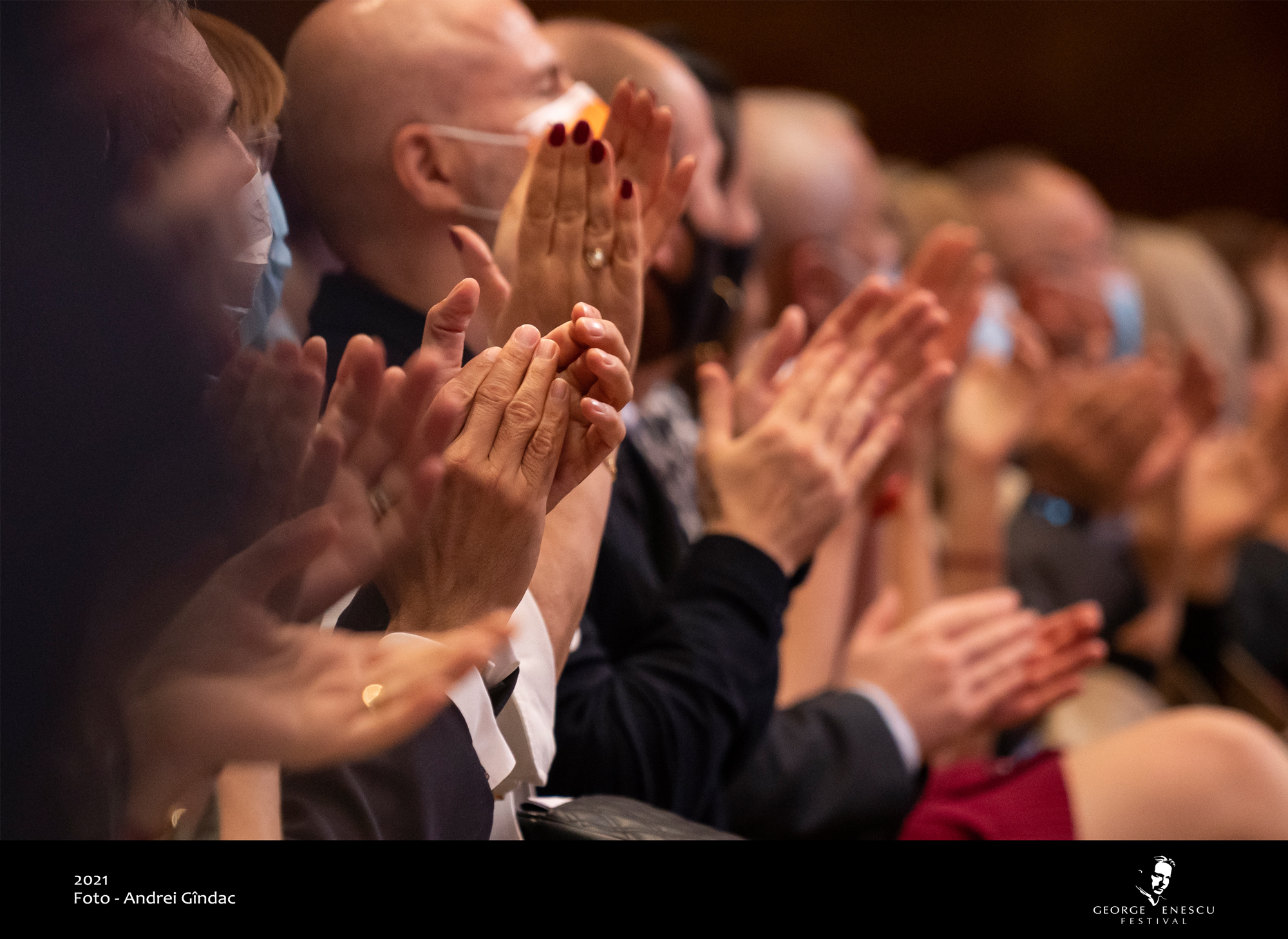“Œdipe for everyone” is a travelling project, whose concept belongs to the baritone Ștefan Ignat and which is presented in Romanian, which enables the main character’s interaction with the audience.
Ștefan Ignat says he “got this idea of presenting Œdipe in Romanian by noticing that the interaction of the main character with the audience in our country was better when the dramatic action of the work was understood. The presentation in the folk style allows us to come closer to the only lyrical tragedy of our great composer.”
“The music of an opera is like a jewel. The gemstone is the action, the dramatic conflict. The music is the main accessory, and the drama is the main element. It was guided by this principle that I wrote Œdipe” – George Enescu.
After a preview in Bucharest, in August, this month the project will be presented in the following locations:
- Gyula, Hungary – Nicolae Balcescu High School, 4 september (baritone Stefan Ignat, soprano Florina Hinsu Maris, violin Corina Murgu, piano Liana Mareș)
- Reghin – George Enescu Hall, 6 September (baritone Stefan Ignat, soprano Renata Vari, violin Corina Murgu, piano Liana Mareș)
- Oradea – Oradea Philharmonic – “George Enescu” International Festival, 8 September (baritone Stefan Ignat, soprano Renata Vari, violin Corina Murgu, piano Liana Mareș)
In 1927, 90 years ago, Oradea saw the first performance of the Sonata no. 3 for piano and violin, op.25, “dans le caractère populaire roumain”, with George Enescu playing the violin and Nicolae Caravia the piano.
“Perhaps, aside from Œdipe, it is the work that has elicited the most comments in Enescu’s creation (…). Unique in the world literature, this quality is due to the truly special perimeter of its technical and emotional modalities, within which the author has chosen to let it unravel. A perimeter within the limits of which only popular intonation (…) of a folk nature has access. Its folkloric authenticity will strike us, the composer’s power to create some sort of a super-folklore. As such, it proves more accessible to our current understanding.” (P. Bentoiu, Masterworks of Enescu, pp. 321-322.)
Translation provided by Biroul de Traduceri Champollion







